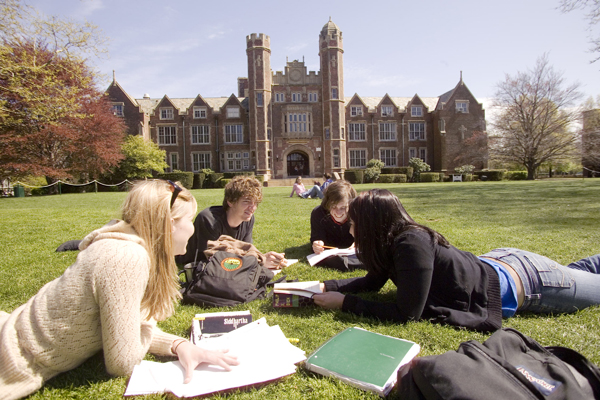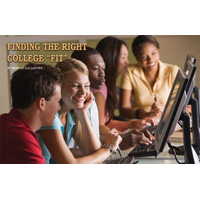Finding The Right College “FIT” By: Robert A.G. Levine
Author by Robert LeVine

One of the most common questions asked of college consultants is “How do I find the right college for my child?” In seeking and evaluating college options, most parents and students focus on possible careers and educational majors. That inquiry has limited value.
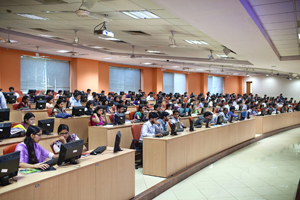 Lost in the pursuit of schools with the “strongest” departments in a particular field is the appreciation of the holistic nature of college education. Students learn inside the classroom and out, from not just teachers, but also from fellow students and local influences.
Lost in the pursuit of schools with the “strongest” departments in a particular field is the appreciation of the holistic nature of college education. Students learn inside the classroom and out, from not just teachers, but also from fellow students and local influences.
The best way to evaluate college “fit” is to examine multiple factors, including school size, type, flexibility, location and post-graduate influence. There are three basic sizes of college: small, medium and large. Medium-sized colleges host between 4,000 and 8,000 students. Smaller colleges do not enjoy the resources of medium and large colleges. They do not have graduate programs, nor extensive research facilities, nor large monetary endowments.
On the other hand, small and medium colleges take better advantage of a critical asset – the students themselves – because they are able to house all of their students in campus dormitories. Strangely, because most students at major universities live in apartments, it is difficult for them to interact. The larger the college, the fewer people one will meet. This is why fraternities, sororities and other small groups are critical social and educational components of large schools.
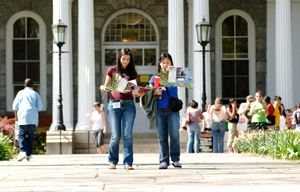 Smaller size also means flexibility. At many small and medium colleges, students do not register for classes until after they begin, allowing for educational “test drives.” These students may also be allowed to tailor their education by creating their own majors; taking high-level courses at a university’s graduate schools; cross-registering for classes at other colleges; and even interning in a co-op with local business as part of the curriculum. Check to see whether prospective colleges allow for flexible educational opportunities. One should also distinguish between liberal arts colleges and schools that push students on a career track. You can tell the difference by identifying when a student must declare a major. If a university demands that its students begin their major studies immediately, they are “career track.” If they allow students to wait for a year or two before declaring a major, they are “liberal arts.”
Smaller size also means flexibility. At many small and medium colleges, students do not register for classes until after they begin, allowing for educational “test drives.” These students may also be allowed to tailor their education by creating their own majors; taking high-level courses at a university’s graduate schools; cross-registering for classes at other colleges; and even interning in a co-op with local business as part of the curriculum. Check to see whether prospective colleges allow for flexible educational opportunities. One should also distinguish between liberal arts colleges and schools that push students on a career track. You can tell the difference by identifying when a student must declare a major. If a university demands that its students begin their major studies immediately, they are “career track.” If they allow students to wait for a year or two before declaring a major, they are “liberal arts.”
Both types of colleges can ably prepare students for the workforce, but a college education should be more than merely vocational training. Because much of the specific knowledge learned in school becomes obsolete over time, consider how a college teaches and even requires varied perspectives of thought, which provide the skills necessary to adapt to our changing world.
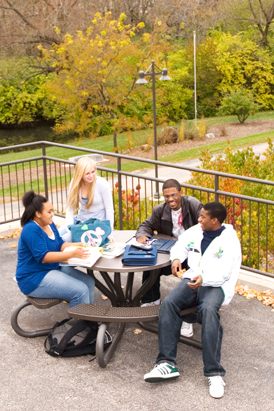
Education and experience beyond the classroom includes both extracurricular activities and off-campus opportunities. A student learns about different things when living in a large metropolitan area, such as New York City or Washington D.C., than in a more rural environment such as New Hampshire or Gainesville. Remember that knowledge and personal development occurs “by osmosis” as well as by active pursuit of internships and jobs. Identify what is available in the surrounding community, as well as how easy it is to get there.
Diversity of student body impacts both the things a student learns in college and the people with whom the student can connect after college: the broader the area from which a college selects students, the broader the network that its students enjoy upon graduation.
After college, a school’s reputation can indeed help a student in the pursuit of a job. “Big name” schools impress potential employers. Note, however, that our American understanding of a premier college can differ significantly from the international perception. For example, although a domestic survey ranks Boston University as the 41st best school in the U.S., a recent international survey of recruiters indicates that B.U. is the 17th best college in the world for producing employable graduates.
There are many considerations in determining the right college “fit.” Look beyond the published rankings to find yours.
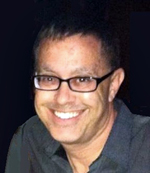
About the Author
Robert LeVine, President of Selective College Consulting, Inc., is a 30-year veteran of highly selective college admissions. He can be reached at (813) 391-3760, or e-mail at BobLeVine@SelectiveCC.com, or visitwww.SelectiveCollegeConsulting.com.
On Saturday, May 10, LeVine will be a featured speaker at a college application workshop, sponsored by Beyond These Walls. The event will be held at Evans High School in Orlando from 10:30 am – 2 pm. The workshop will include workshops and information on the interview, essay, financial aid, and standardized testing. For more information, or to RSVP, please e-mail Taylor Lewis at taylorlewis12@icloud.com.
